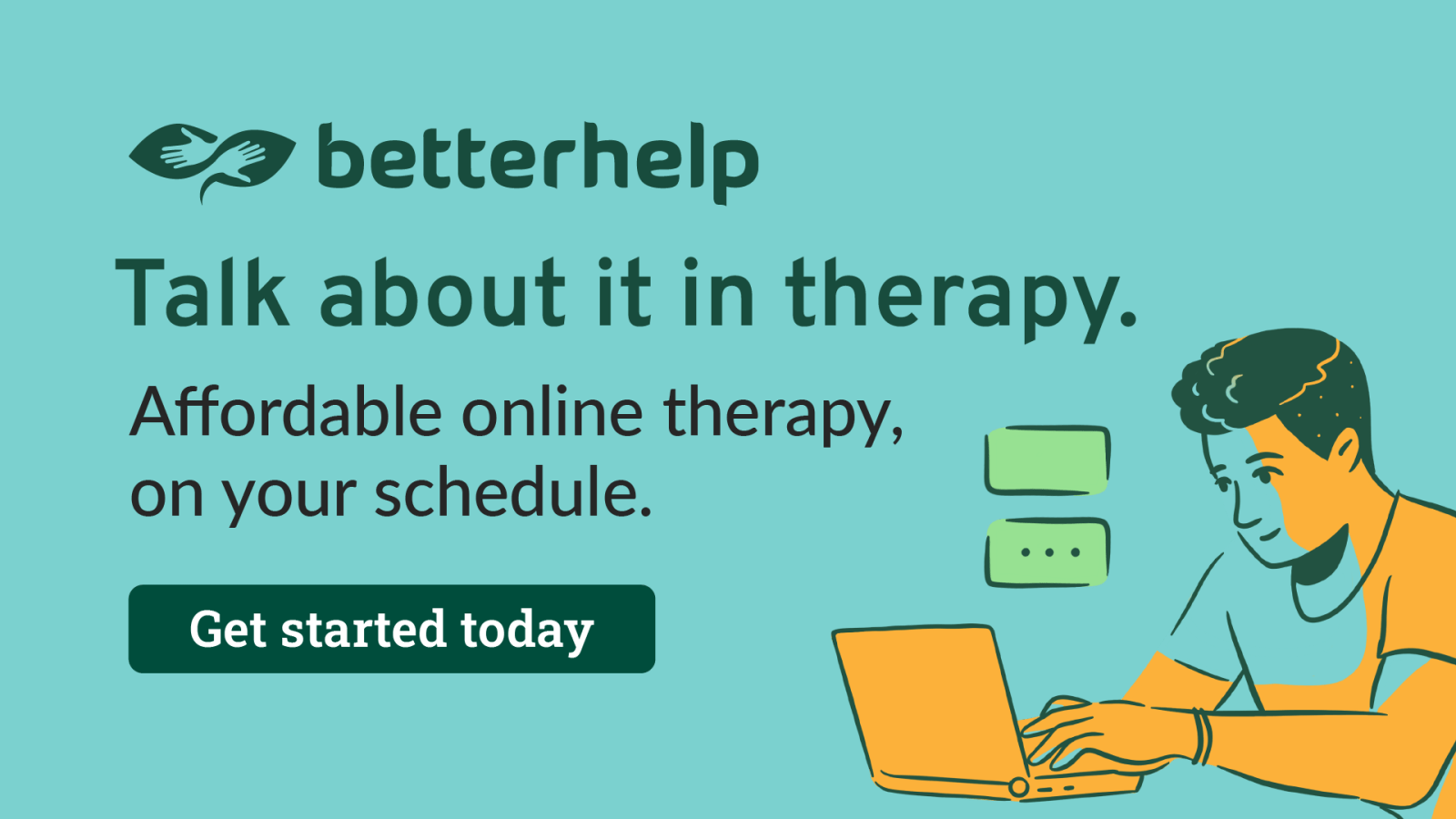As a BetterHelp affiliate, we receive compensation from BetterHelp if you purchase products or services through the links provided
Anxiety can significantly impact our lives, especially when it comes to sleep. Many individuals who suffer from anxiety often experience restless nights and feel exhausted the next day, affecting their daily routines and overall well-being. With this in mind, finding the best sleeping position for anxiety is crucial for improving sleep quality and reducing anxiety-related symptoms.
Before diving into the best sleeping positions, it’s essential to understand the relationship between anxiety and sleep. Our body’s natural response to stress and anxiety can disrupt our ability to fall asleep or stay asleep, exacerbating feelings of worry and unease. By identifying and addressing the root cause of these anxiety-induced sleep issues, you’ll be one step closer to a more restful and rejuvenating night’s sleep.
Let’s explore the best sleeping positions for anxiety and how they can help you find the relaxation and comfort necessary for a sound sleep. Remember that everyone’s body is different, so discovering the most effective position for you may involve trial and error. Keep reading to unveil the secrets to a good night’s sleep and an improved state of mind.
Key Takeaways
- Anxiety can disrupt sleep, leading to restless nights and exhaustion
- Understanding the relationship between anxiety and sleep is crucial for improvement
- Exploring the best sleeping positions for anxiety can help improve sleep quality and reduce anxiety-related symptoms
 Understanding Anxiety and Sleep
Understanding Anxiety and Sleep
Definition of Anxiety
Anxiety is a normal and often healthy emotion. However, when you start to feel excessive fear, worry, or nervousness that’s out of proportion to the actual situation, you may be dealing with an anxiety disorder. Anxiety disorders can greatly impact your daily life; one common side effect is sleep disturbances.
There are various types of anxiety disorders, such as generalized anxiety disorder, panic disorder, and post-traumatic stress disorder. Each one is unique in its symptoms and triggers, but all can result in sleep disturbances.
Links between Anxiety and Sleep
Anxiety and sleep are closely connected. When you’re anxious, your brain enters a state of hyperarousal, making it difficult to relax and fall asleep. This can lead to nighttime or sleep anxiety, where the fear of being unable to sleep becomes its own source of anxiety.
Common signs of sleep anxiety include:
- Persistent worry about not getting enough sleep
- Racing thoughts that prevent you from falling asleep
- Irritability and tension during the day due to lack of sleep
Anxiety disorders, like depression, can negatively affect your sleep quality. They can cause issues such as:
- Difficulty falling asleep
- Frequent awakenings during the night
- Nightmares or panic attacks
- Feeling tired upon waking up
If you suspect that you have an anxiety disorder or are struggling with sleep anxiety, it’s crucial to consult a mental health professional. They can help you identify the root cause of your anxiety and recommend appropriate treatment options, such as therapy or medication. Addressing the underlying anxiety can improve your sleep and overall well-being.
 Causes of Anxiety-Induced Sleep Issues
Causes of Anxiety-Induced Sleep Issues
Anxiety can make it difficult to fall asleep, and finding the best sleeping position might help alleviate some of the discomfort. But first, let’s understand the common causes of anxiety-induced sleep issues.
Stress is a major contributor to anxiety and sleep problems. When you’re under stress, your body produces cortisol, a hormone that can make it difficult to relax and fall asleep. Finding ways to manage stress is essential, such as practicing relaxation techniques or talking to a professional.
Another factor that can contribute to anxiety-induced sleep issues is the consumption of stimulants, such as caffeine. Caffeine can increase your heart rate and make you feel more anxious, which can, in turn, make it harder to sleep. Limit caffeine intake, especially in the evening, to improve sleep quality.
Alongside caffeine, other common stimulants are nicotine and certain medications. Be mindful of your intake and consult your doctor if you suspect a medication contributes to your sleep problems.
In contrast, alcohol might seem helpful to calm your nerves and induce sleep, but it can worsen anxiety and disrupt your sleep patterns. Consider reducing your alcohol consumption to see if it improves your sleep.
Hormones can also play a role in anxiety-induced sleep issues. For instance, hormonal fluctuations during the menstrual cycle or menopause can lead to sleep problems for some women. Discussing your concerns with a healthcare professional is important to determine the appropriate course of action.
In conclusion, some common causes of anxiety-induced sleep issues include stress, stimulants like caffeine, and alcohol, and hormonal changes. By addressing these factors, you can improve your sleep and reduce anxiety.
 Symptoms of Anxiety-Related Sleep Disorders
Symptoms of Anxiety-Related Sleep Disorders
Anxiety can greatly impact your sleep patterns, leading to various anxiety-related sleep disorders. Let’s discuss some common symptoms that may result from these disorders.
One of the most prevalent symptoms is insomnia. You might find it difficult to fall asleep or stay asleep during the night. This can leave you exhausted throughout the day, making it even harder to cope with your anxiety.
Restlessness is another common sign of anxiety-related sleep disorders. You may toss and turn throughout the night, struggling to find a comfortable position. This constant movement can prevent you from getting the deep, restful sleep your body needs to function optimally.
Here are a few more symptoms that may indicate an anxiety-related sleep disorder:
- Snoring: While it may not seem like a symptom of anxiety, excessive snoring can be a sign of sleep apnea, which can be exacerbated by anxiety.
- Nightmares: Experiencing disturbing dreams or nightmares consistently can be a result of heightened anxiety levels.
- Sleep paralysis: Anxiety can also trigger episodes of sleep paralysis, where you’re temporarily unable to move or speak upon waking.
Recognizing these symptoms can help you determine whether you’re dealing with an anxiety-related sleep disorder and take appropriate steps to address the situation. Remember, sleep plays a crucial role in your overall well-being, so it’s important to prioritize quality rest, especially when dealing with anxiety.
Best Sleeping Positions for Anxiety
Side Sleeping
Side sleeping is a popular and comfortable choice for many people. This position can be beneficial for those with anxiety, as it helps maintain proper spinal alignment and reduces the risk of snoring, and disrupting sleep. To maximize the benefits of side sleeping:
- Use a supportive head pillow to keep your neck in line with your spine
- Place a pillow between your knees to reduce strain on your lower back
- Hug a body pillow or use weighted blankets to create a sense of security
Back Sleeping
Back sleeping allows for natural spinal alignment and eases tension in the neck and shoulders. It can be especially helpful for those experiencing anxiety-induced headaches or muscle tension. Here are some tips for optimizing your back sleeping experience:
- Elevate your head slightly with a pillow to reduce the risk of snoring or sleep apnea
- Use a small pillow under your knees to minimize lower back pain and encourage relaxation
- Breathe deeply and focus on relaxing the muscles in your body, starting from your head down to your toes
Fetal Position
The fetal position is a comforting and instinctive sleeping position. Curled on your side with your knees drawn toward your chest, this position can provide security and ease anxiety. To enjoy a restful night in the fetal position:
- Keep your spine aligned by tucking a pillow between your knees
- Avoid curling up too tightly to prevent restricted breathing
- Surround yourself with soft blankets or a body pillow to enhance the feeling of comfort and safety
Pregnancy Considerations
Anxiety levels can increase during pregnancy, making sleep quality even more important. Pregnant women are often advised to sleep on their left side to promote optimal blood flow to the baby. Here are some considerations for sleeping while pregnant:
- Use a pregnancy body pillow to support the growing belly and maintain spinal alignment
- Avoid lying on your back, as it can put pressure on the inferior vena cava, limiting blood flow to the baby
- Practice relaxation techniques, such as deep breathing, to help calm your mind and body for better sleep
Choosing a sleeping position that promotes relaxation and spinal alignment can improve your sleep quality and better manage anxiety. Experiment with these positions and find the one that works best for you, waking you up refreshed and ready to face the day.
 Additional Tips to Improve Sleep Quality
Additional Tips to Improve Sleep Quality
Creating a Bedtime Routine
Establishing a bedtime routine is essential for improving sleep quality, especially when dealing with anxiety. Start by setting a consistent bedtime and wake-up time, even on weekends. This helps regulate your internal clock and makes falling asleep easier. Develop a pre-sleep ritual, such as reading a book, listening to calming music, or practicing relaxation techniques to help your body and mind wind down. Make your sleep environment as comfortable as possible by adjusting the room temperature, blocking out disturbing noises (consider using white noise machines if needed), and investing in a weighted blanket for added coziness.
Importance of Exercise
Regular exercise is a proven way to manage anxiety and improve sleep quality. Incorporating physical activity into your daily routine relieves stress and helps regulate the chemicals in your brain that play a role in relaxation and anxiety management. Aim for at least 150 minutes of moderate-intensity weekly exercise, such as brisk walking, swimming, or yoga. Remember to work out earlier in the day, as exercising too close to bedtime can stimulate your body and make it harder to fall asleep.
- Moderate-intensity exercise: 150 minutes/week
- Examples of activities: brisk walking, swimming, yoga
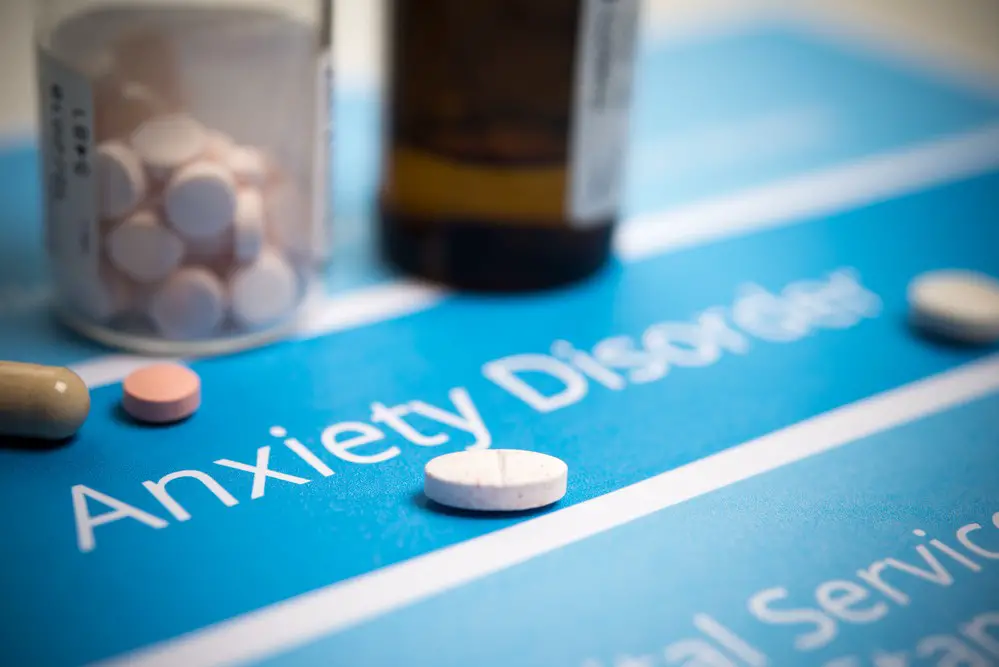
Therapy and Medication
If your anxiety persists and affects your sleep quality despite following a bedtime routine and incorporating exercise, it’s advisable to seek professional help. Treatments, such as cognitive-behavioral therapy (CBT) or online therapy sessions, provide support and guidance in managing your anxiety. The Mayo Clinic suggests that these are effective ways to address the root cause of your anxiety and develop coping mechanisms tailored to your needs.
Medication might sometimes be necessary if your anxiety is severe or other methods don’t work for you. A healthcare professional can recommend the appropriate medication and dosage to improve your sleep quality without causing dependency. Always consult with a healthcare professional before starting any new medications.
Remember to prioritize self-care and practice relaxation techniques in addition to the above tips to manage anxiety and improve your overall sleep quality effectively.
Signs That Therapy May Be Needed
Sometimes, sleep hacks and lifestyle changes aren’t enough to tackle anxiety and sleep issues. Here are some signs that it might be time to consider professional help:
- You’ve tried various techniques but can’t seem to shake off your anxiety.
- You’re experiencing debilitating sleep disorders like insomnia or night terrors.
- Anxiety and sleep problems significantly affect your work, relationships, and daily activities.
- You also deal with symptoms like constant fatigue, irritability, and depression.
 Goals for Therapy
Goals for Therapy
Setting goals can make the therapeutic process more focused and fruitful. Here’s what you might aim for:
- Learning coping mechanisms to manage anxiety and improve sleep quality.
- Identifying the triggers and root causes of your anxiety and sleep issues.
- Gaining a better understanding of your sleep cycle and how to optimize it.
- Emotional support and validation, particularly when tackling deeply rooted issues.
Recognizing Progress in Therapy
It’s crucial to track your journey so you know if therapy is helping. Signs of progress can include:
- Improved sleep quality and duration.
- Reduced frequency of anxiety episodes.
- Better emotional regulation and coping skills.
- A renewed sense of confidence and optimism about the future.
The Online Therapy Option: My Experience with BetterHelp
Online therapy platforms like BetterHelp are an increasingly popular option. I recently started using BetterHelp for my own struggles with sleep and depression. The convenience of online sessions means you can talk to a professional from the comfort of your own home—no need to commute or sit in a waiting room.
The platform pairs you with a certified therapist suited to your needs, making addressing specific issues like sleep and anxiety easier. So far, my experience has been positive, helping me develop new strategies for better sleep and mental well-being.
Whether online or in-person, therapy can be a valuable resource in your journey toward better sleep and reduced anxiety. It’s about finding the right tools and support to help you navigate life’s challenges.
Conclusion
Finding the right sleeping position can make a difference when coping with anxiety. Not only can it help you relax, but it also aids in achieving a more restful and rejuvenating sleep. Remember, there’s no one-size-fits-all solution, so feel free to experiment with various positions to find the one that works best for you.
One popular option is the fetal position with the knees drawn up towards your chest. This posture helps release tension in your spine and might make you feel more secure. Additionally, you can place a pillow between your knees for extra comfort.
Another technique is side sleeping, preferably on your left side, which benefits digestion, reduces tension and prevents heartburn. You may also find solace in using a body pillow to create a comforting barrier.
Ultimately, the goal is to find a sleep position that allows you to unwind your mind and body. Incorporating other relaxing habits, such as deep breathing exercises or mindfulness techniques, can enhance the effectiveness of your chosen position, allowing you to combat anxiety and experience a healthy sleep cycle.
Don’t forget that a consistent sleep routine, a comfortable environment, and taking care of your physical and emotional well-being are key components in keeping anxiety at bay. Sweet dreams!
Frequently Asked Questions
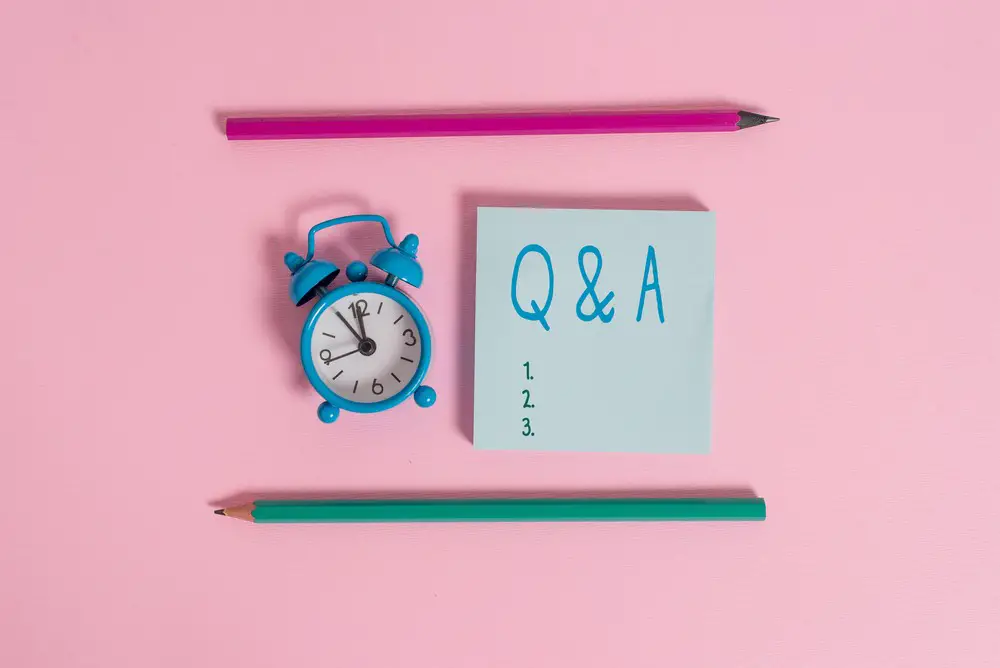
What is the ideal sleep posture to reduce anxiety?
The ideal sleep posture for reducing anxiety is different for each person. However, many individuals find that sleeping on their backs with a supportive pillow helps maintain a neutral spine position. This posture can promote relaxation and alleviate anxiety. Experiment with various sleep positions to determine what works best for you and your body.
Which sleeping position enhances relaxation for the body?
Sleeping positions that enhance relaxation typically involve maintaining proper alignment of your spine and decreasing muscle tension. Sleeping on your back with a pillow to support the natural curve of your neck is a common recommendation. For some, placing a small pillow under their knees can also aid in relaxing the lower back, further promoting relaxation for the entire body.
How can changing sleep positions help with anxiety?
Changing sleep positions can help with anxiety by encouraging relaxation and promoting better blood flow. Trying different sleep positions also allows you to discover a posture that feels the most comfortable for you and your preferences, leading to more restful and rejuvenating sleep, which can lower anxiety levels over time.
Do certain sleep postures aid in better breathing and reduced anxiety?
Yes, specific sleep postures can aid in better breathing and reduced anxiety. Sleeping on your back or side can ensure proper airway alignment, promoting more efficient, deep breathing. Proper breathing during sleep can contribute to a relaxed state and a good night’s rest, which can help reduce anxiety levels.
Is there a correlation between sleeping positions and stress relief?
There is evidence to suggest a correlation between sleeping positions and stress relief. As mentioned earlier, proper alignment of the spine and airways during sleep can lead to better relaxation and more efficient breathing. Stress levels may decline when the body experiences proper rest, and anxiety can be alleviated. So, finding a sleep position that works for your body is crucial for stress relief.
Which side is better for sleep, left or right, to alleviate anxiety?
There is no definitive answer to whether the left or right side is better for sleep to alleviate anxiety. However, some studies suggest that sleeping on the left side may promote better digestion and blood flow, potentially reducing nighttime discomfort and leading to a more restful and anxiety-reducing sleep. It’s essential to listen to your body and choose the most comfortable side for you.
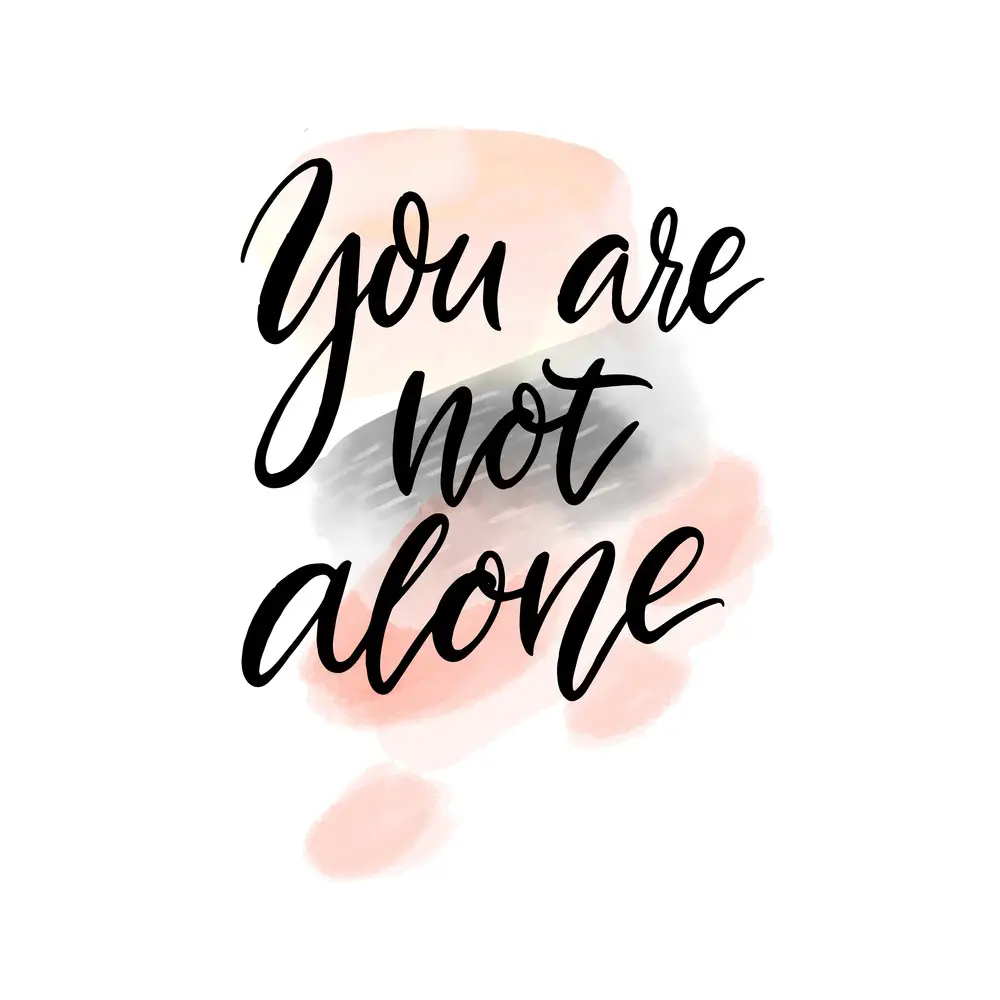
My Lifeline: A Deep Dive into My Experience with BetterHelp
If you’ve been wondering about trying online therapy, I can’t recommend BetterHelp enough. Full disclosure: I am an affiliate of BetterHelp, but my recommendation comes from a deeply personal place. I’ve been through some intense experiences, from surviving 9/11—working on the 101st floor and losing over a thousand co-workers—to life-altering family issues.
For years, I was the primary caregiver for our kids while my ex worked full-time, often nights. Our kids were shuttled between two households but maintained a close relationship with me. However, this changed dramatically over the past year when my ex cut off my access to our children. I live alone in a three-bedroom apartment with two empty rooms that constantly remind me of my isolation and loss.
BetterHelp has been a lifesaver in helping me cope with this nightmare scenario. Here’s why:
- Personalized Matchmaking: The platform matched me with a therapist specializing in my grappling issues.
- Accessibility: The online format means I can reach out anytime from a comfortable place. No waiting rooms, no travel.
- Coping Strategies: I’ve been learning how to manage my emotions better and tackle the feelings of loneliness and abandonment head-on.
BetterHelp isn’t just a service to me; it’s a lifeline. The strategies I’m learning and the emotional support I receive have been invaluable as I navigate these challenging times. If you’re facing similar struggles, I highly encourage you to try BetterHelp.
Navigating the Storm: A Journey Through Anxiety, Sleep, and the Maze of Narcissistic Relationships
Hi, I’m Jacob Maslow, and I know firsthand how the complexities of mental health and family dynamics can impact one’s well-being, especially when it comes to sleep. Years after my divorce, I’m embroiled in an ongoing legal battle, as my ex-wife defies court-ordered shared custody and has severed my communication with our children. As a survivor of 9-11, I’ve faced unimaginable trauma, and my recent familial struggles have taken an added toll. I take Lexapro and have recently joined BetterHelp to navigate these mental health challenges.
I had a close relationship with my kids for years as we lived in two households. Unfortunately, my ex, who suffers from severe narcissism, has opted for alienation over co-parenting, especially as her narcissistic tendencies intensify with age. My coping mechanisms include long daily walks and professional online counseling.
I write these articles to help those who are dealing with narcissistic partners or facing mental health challenges. On top of that, I run a legal site to assist others in navigating the thorny issues of noncompliant spouses and weaponized parenting. The message I want to share is simple but crucial: no matter how daunting the challenges, mental health issues can be conquered.
- 3 Ways Wearing a Hat Can Help Lower Your Stress Levels - April 19, 2025
- Breaking the Silence: Why Men’s Mental Health Matters More Than Ever - April 15, 2025
- How to Transform a Home’s Patio Space into a Relaxing Space - March 23, 2025
This site contains affiliate links to products. We will receive a commission for purchases made through these links.

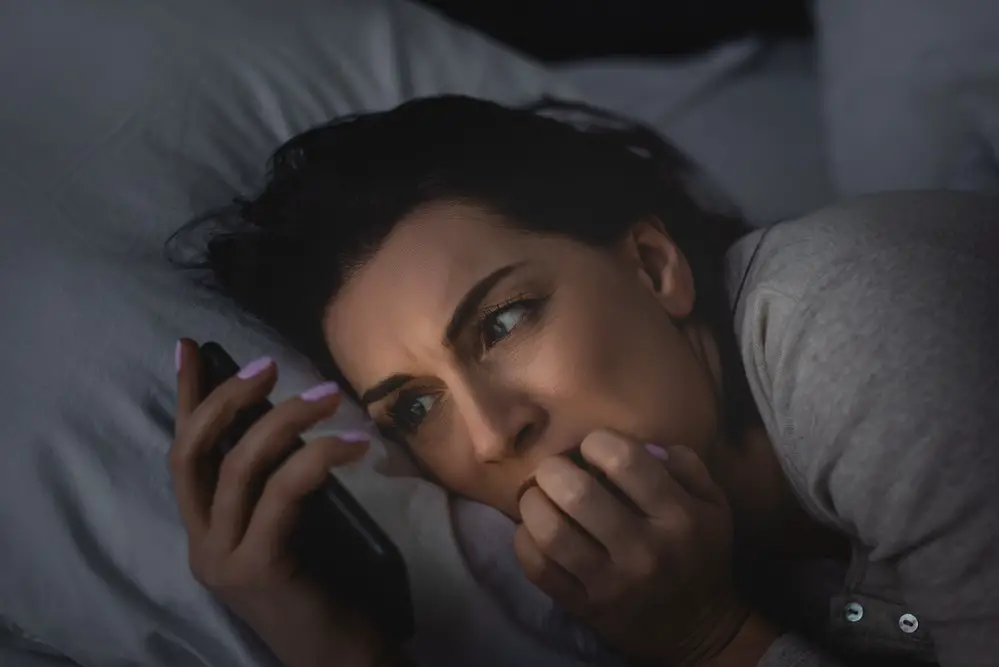
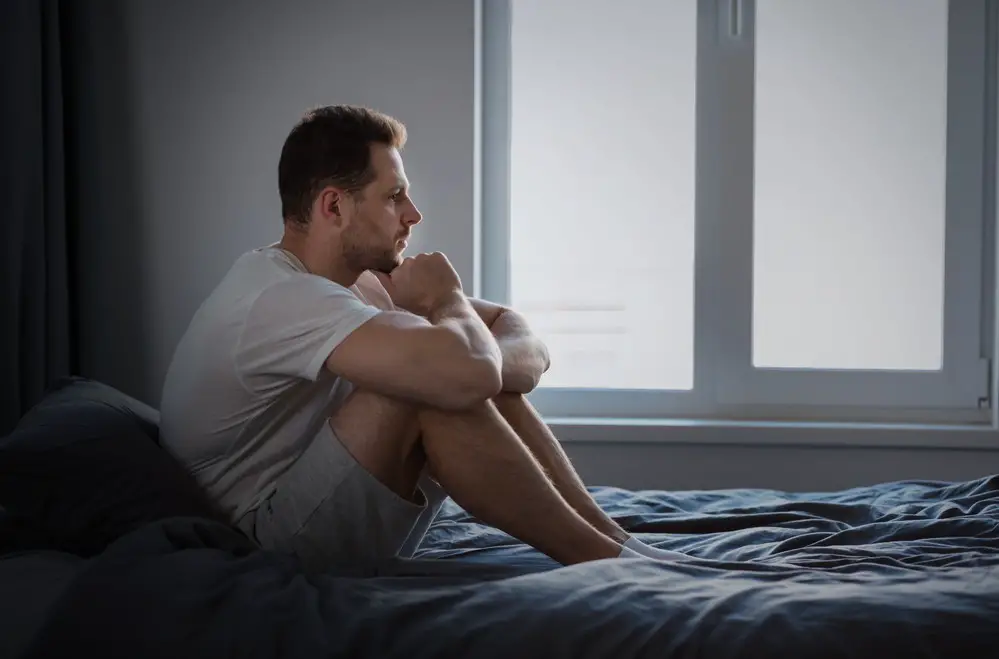 Understanding Anxiety and Sleep
Understanding Anxiety and Sleep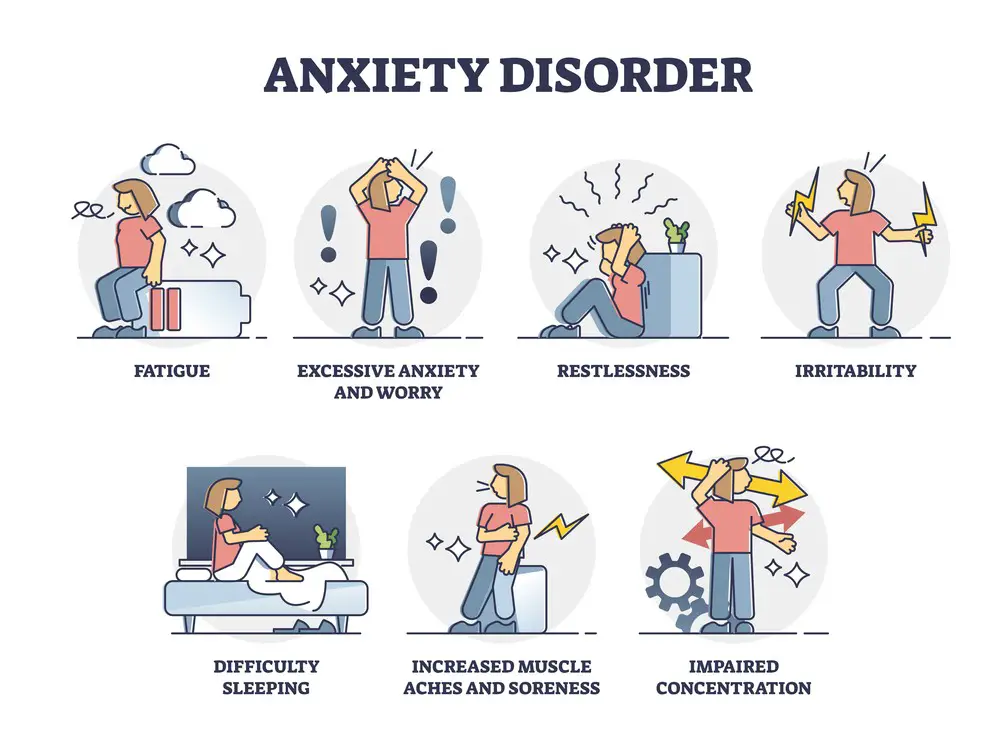 Causes of Anxiety-Induced Sleep Issues
Causes of Anxiety-Induced Sleep Issues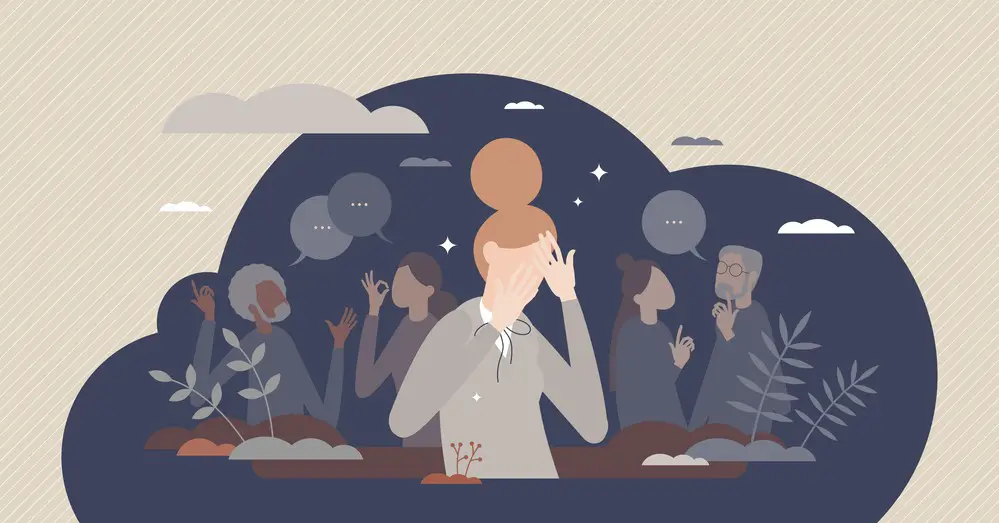 Symptoms of Anxiety-Related Sleep Disorders
Symptoms of Anxiety-Related Sleep Disorders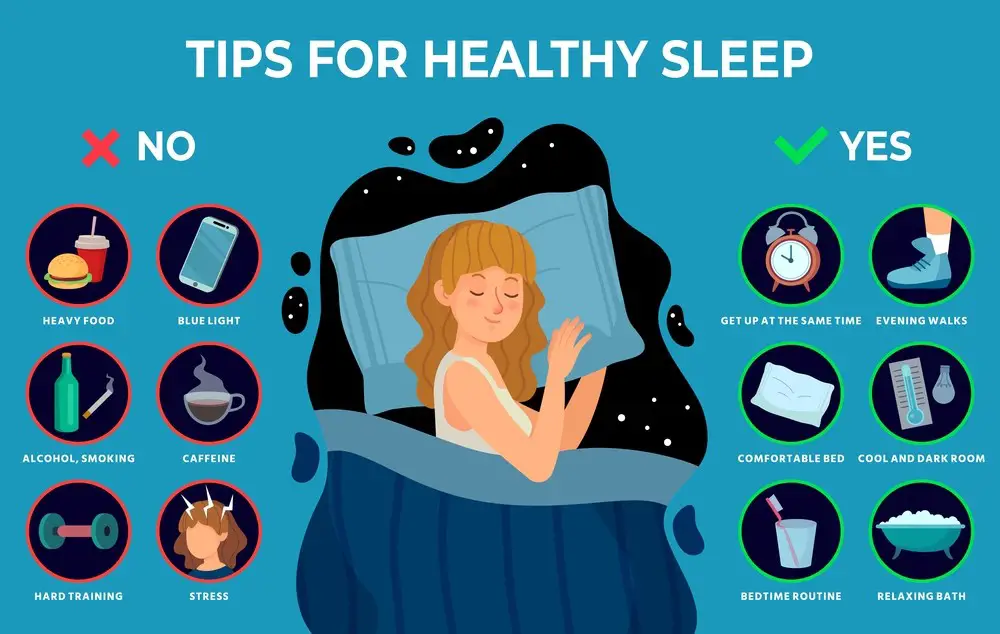 Additional Tips to Improve Sleep Quality
Additional Tips to Improve Sleep Quality Goals for Therapy
Goals for Therapy